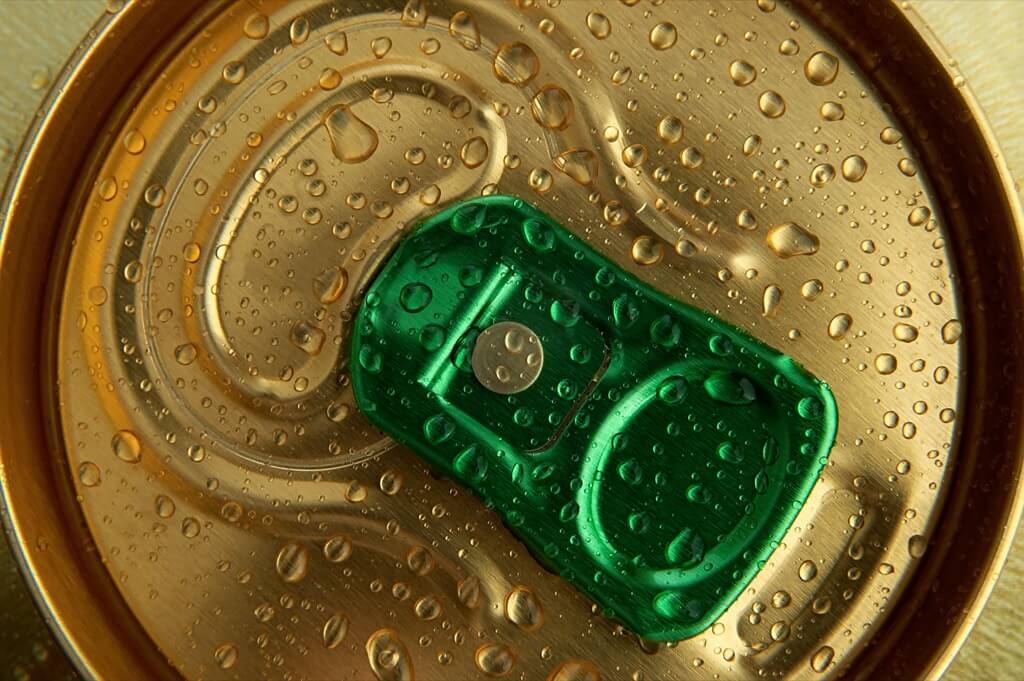The surge in ready-to-drink (RTD) options has reshaped our drinking habits significantly. Since 2016, the market for these convenient sips has ballooned by over 225%, with whiskey joining the ranks of spirits finding their way into cans and pouches. The allure of a $25 Manhattan-in-a-pouch or a canned Jack and Coke might capture the zeitgeist of modern consumption, but does it capture the essence of whiskey?
It’s estimated that whiskey-based RTD products account for a significant portion of the RTD segment. With whiskey consistently being one of the top-selling spirits in the U.S., its entry into the canned cocktail market likely captures a sizeable share of RTD sales, appealing to whiskey enthusiasts looking for portable and convenient options.
Research indicates that among RTD consumers, a growing segment is inclined towards premium products, including those based on whiskey. This trend suggests that while the market for canned whiskey cocktails is expanding, there’s a discernible demand for higher quality, artisanal options that challenge the stereotype of RTD beverages as lower-tier offerings.
Despite the convenience factor, consumers are often faced with a price point dilemma. For instance, a $25 Manhattan-in-a-pouch represents a premium pricing strategy in the RTD market. This highlights a curious trend: consumers are willing to pay higher prices for canned cocktails, including whiskey-based options, which traditionally might cost less when prepared fresh at home or in bars.
A pivotal statistic driving the canned whiskey trend is the consumer’s emphasis on convenience. Over 60% of alcoholic beverage consumers in the U.S. report that convenience significantly influences their purchase decisions. This preference underscores the shift towards RTD products, including canned whiskey cocktails, as a mainstay in the beverage industry, as they offer a hassle-free alternative to traditional cocktail preparation.
However, when it comes to whiskey, convenience often comes at the expense of quality. The nuanced art of whiskey-making, celebrated by artisan distillers, involves a meticulous process from grain to glass that simply can’t be squeezed into a can.
The Quality Compromise
The major gripe with RTD whiskey cocktails isn’t just about the packaging but what lies within. Brian Treacy, co-founder of Sagamore Spirit, highlights a poignant reality: many whiskey-based RTD concoctions rely on minimally aged spirits that would rarely cut into the realm of fresh cocktail-making. This isn’t just about snobbery; it’s about preserving the integrity of a spirit that’s meant to be savored, not slurped. Even with a few exceptions in the market that use higher-quality whiskey, the metallic tang of aluminum can detract from the experience, leaving behind a sugary residue far removed from the rich tapestry of flavors found in finely crafted whiskey.
What About Tradition?
For those who truly treasure the depth and complexity of whiskey, the thought of settling for a canned cocktail might seem blasphemous. There’s something inherently rewarding about the ritual of actually pouring your own whiskey, the splash of mixers, and the clink of ice—that canned versions can’t replicate. Why compromise on the essence of true whiskey for the sake of convenience?
The Better Alternative
The foundation of this alternative approach lies in selecting the right vessel for your drink. High-quality tumblers, such as those offered by Hydro Flask, Yeti, or Corkcicle, are designed to preserve the integrity of your beverage from the first sip to the last. These tumblers are engineered with double-wall vacuum insulation, keeping your whiskey cocktail perfectly chilled for hours, far surpassing the thermal retention capabilities of a typical canned drink.
Taking the time to mix your drink might seem like a luxury, but it’s a rewarding process that redefines the drinking experience. By choosing your ingredients, you have control over the quality and proportions, allowing you to tailor the cocktail to your exact preferences. This hands-on approach not only ensures the absence of a metallic aftertaste but also allows for the exploration of flavors and techniques that canned cocktails simply can’t offer.
The cornerstone of a superior cocktail lies in the quality of its ingredients. Opting for artisanal or small-batch whiskeys, fresh juices, and premium mixers can elevate a simple drink into an exquisite concoction. This choice underscores the importance of substance over convenience, celebrating the rich array of flavors that quality ingredients bring to the table.
Despite the emphasis on craftsmanship, this alternative does not forsake convenience. High-quality tumblers are designed for portability, making them an ideal choice for outdoor gatherings, tailgates, or casual get-togethers. Unlike canned cocktails, which are consumed once and discarded, a durable tumbler becomes a companion for countless adventures, offering a sustainable and personalized way to enjoy your favorite drinks.
Crafting On the Go
Contrary to popular belief, many classic whiskey mixers in cans boast surprisingly short ingredient lists, making them ideal for quick mixing. Take, for example, the Upper West Side or the Timeless Method, each requiring no more than three to four components. These drinks can be whipped up in the same time it takes to choose a canned whiskey from the fridge, offering a significantly more rewarding sipping experience without the need for elaborate garnishes. This approach not only preserves the integrity of whiskey but also elevates your outdoor gatherings, inviting envious glances from those clutching their canned counterparts.
Cons and Health Concerns of RTD Whiskey Cocktails
- Increased Sugar Content and Caloric Intake:
- Many RTD cocktails contain higher levels of added sugars and artificial flavorings compared to their freshly made counterparts, potentially leading to an increased intake of empty calories and sugar-related health issues such as diabetes and obesity.
- Alcohol Consumption Misconception:
- The convenience and accessibility of RTD cocktails might lead to misperceptions about the amount of alcohol one is consuming, possibly encouraging overconsumption due to the ease with which these drinks can be enjoyed.
- Chemical Preservatives and Additives:
- To extend shelf life and maintain flavor consistency, canned whiskey cocktails may contain preservatives and additives that could raise health concerns over long-term consumption, especially compared to natural ingredients in traditional cocktails.
Impact on the Traditional Whiskey Production Industry
- Market Pressure to Innovate:
- Traditional distilleries might face pressure to enter the RTD market to stay relevant, potentially diverting resources away from crafting high-quality spirits and innovating within the traditional realms of whiskey production.
- Dilution of Brand Identity:
- For distilleries that pride themselves on heritage and quality, venturing into RTD products could dilute their brand identity and alienate core customers who value artisanal production methods.
- Competition with Larger Beverage Companies:
- The RTD sector is increasingly dominated by large beverage conglomerates capable of mass-producing cocktails at lower costs, making it challenging for smaller, craft distilleries to compete without compromising on quality or price.
- Sustainability Concerns:
- The production and disposal of RTD packaging, particularly aluminum cans, raise environmental concerns. Traditional whiskey production, with its emphasis on reusable and durable glass bottles, may offer a more sustainable alternative.
The trend towards RTD whiskey cans reflects a broader societal shift towards convenience, yet it also poses significant questions about the future of whiskey consumption. Analyzing the impact on health, from unnecessary additives to the risk of overconsumption, alongside the potential dilution of whiskey’s rich cultural heritage, underscores a pivotal choice for consumers. The decision to bypass these canned concoctions in favor of traditional, hand-mixed drinks is not merely a nod to nostalgia but a commitment to quality, sustainability, and the preservation of an artisanal craft that has been honed over centuries.
For those who value the integrity of their spirits and seek a more authentic and engaging drinking experience, the answer is clear. Opting for the traditional route allows a broader appreciation of whiskey’s place in our culture and its future legacy.

